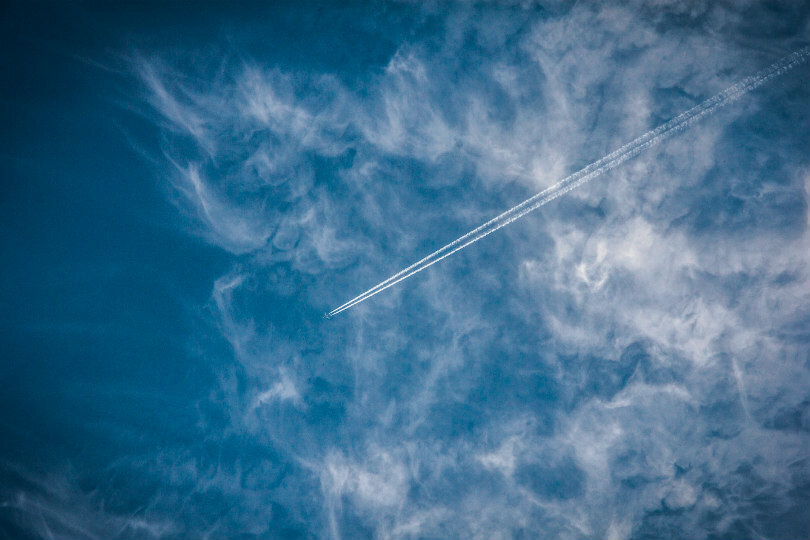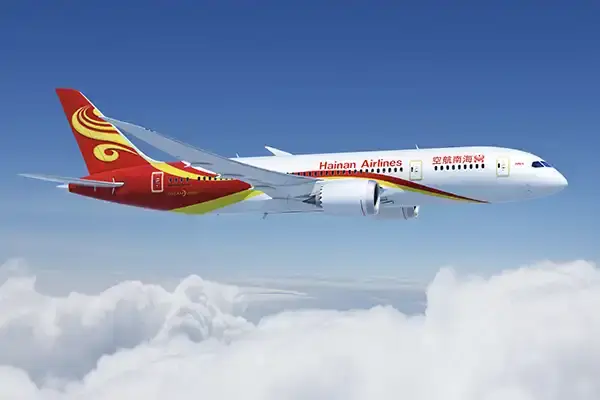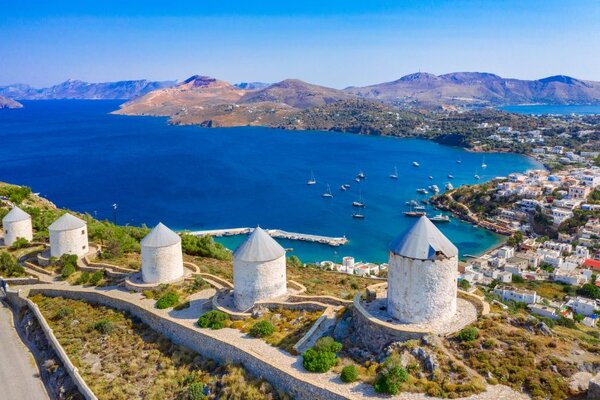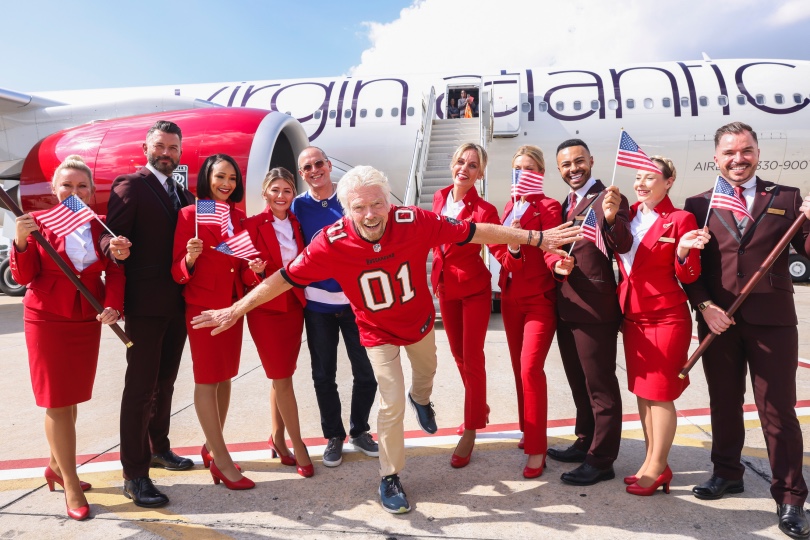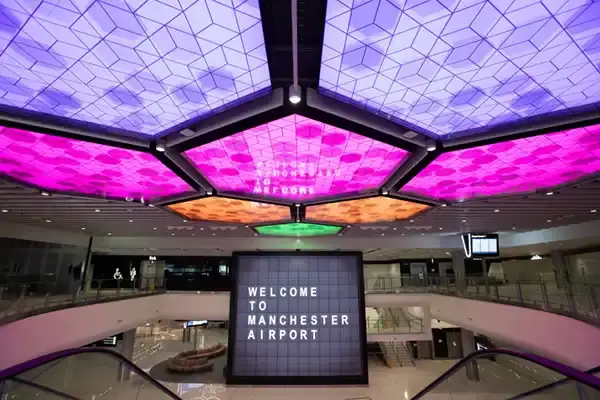Pre-Covid era will be 'peak aviation emission period', govt vows
 Gary Noakes
Gary NoakesNew emissions targets mean the pre-pandemic period will be seen as being when aviation pollution peaked, the UK government has said.
Transport secretary Grant Shapps said the government’s new Jet Zero Strategy would ensure emissions levels had already reached a high.
“We want 2019 to be remembered as the peak year for aviation emissions. From now on, it should all be downhill for carbon emissions – and steadily uphill for green flights,” he said.
“The UK is setting an example of the ambition needed to tackle climate change, and the Jet Zero Strategy provides a clear path to building a greener aviation sector for generations to come.
“Rather than clipping the sector’s wings, our pathway recognises that decarbonisation offers huge economic benefits, creating the jobs and industries of the future, making sure UK businesses are at the forefront of this green revolution.”
The government will publish a Call for Evidence on proposals to provide consumers with environmental information at the time of booking air travel in the autumn. This will favour budget airlines with denser seating and will make long-haul flights easily identifiable as more damaging to the planet.
The government will also require that Sustainable Aviation Fuel is “at least 10% of jet fuel” by 2030, although it is not clear if this will be a legal obligation. It also wants “at least five” commercial scale SAF plants under construction in the UK by 2025, with new SAF projects able to apply to the £165 million Advanced Fuels Fund.
Launched at Farnborough International Airshow, the strategy commits UK domestic aviation to achieving net zero emissions by 2040, and for all airports in England to be zero-emission by the same year.
The government estimates aviation is currently responsible for around 2.5% of global carbon dioxide (CO2) emissions, but contributes £22 billion to the economy, a figure set to grow as it recovers from the pandemic.
The Jet Zero Council will steer the move towards more sustainable aviation. Following its appointment to the Council, Jet2 said: “Jet2 will seek to ask the government to show greater transparency on where the money collected as part of the UK Emissions Trading Scheme (ETS) is spent, including calling for revenue to be put specifically towards decarbonisation policies.
“The EU as part of its Fit for 55 package has already committed to spending its ETS revenue on green policies. The UK gained its own ETS revenue after it exited the European Union and Jet2 believes it is right to follow suit.”
“Just one year of contributions by five UK airlines to the UK ETS scheme - estimated to be £290 million in 2022 based on current market prices - covers the cost of the government’s existing pledge on SAF.”
The initiative was given a broad welcome by trade body Airlines UK.
Chief executive Tim Alderslade said: “Flying is not the enemy – carbon is – and this strategy demonstrates that a sustainable future for aviation is possible through the development of new, zero emission technologies.
“The commitment to seeing the initial handful of SAF plants under construction by 2025 is hugely welcome, and we know the proposed mandate will drive demand from airlines in what is a proven technology.
"The challenge now is to commercialise this nascent industry, and we look forward to working with government this year to see if further interventions are required to stimulate investment in UK SAF, in particular by ensuring a level of price stability that can attract new entrants into the market.”
Sign up for weekday travel news and analysis straight to your inbox

Gary Noakes
Supplier Directory
Find contacts for 260+ travel suppliers. Type name, company or destination.
